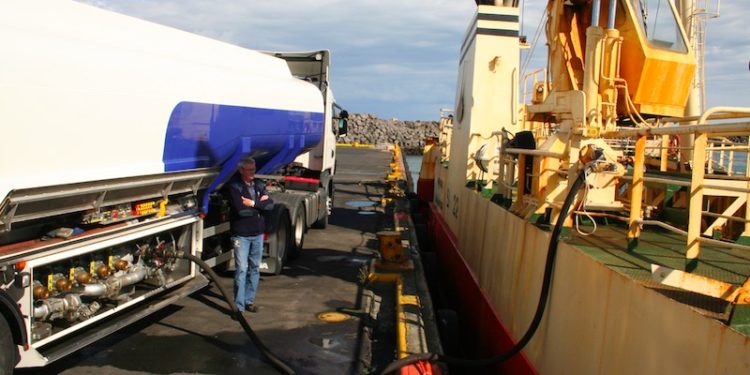The Icelandic fleet’s fuel consumption has been reduced by 43% between 1990 and 2016, according to a report produced by Iceland’s vessel owners’ organisation SFS to coincide with two years having passed since the signing of the Paris Climate Change Accord.
As well as looking into the record of reducing fuel consumption over the last 25 years, the report also examined the prospects for fuel usage up to 2030, the time period the Paris Accord focuses on, as well as taking into account other factors that could affect the activities of fishing companies.
According to SFS (Samtök fyrirtækja í sjávarútvegi), there has been a significant reduction on emissions of greenhouse gases by Icelandic fishing vessels and the wider industry, and SFS states that Iceland’s seafood industry has already exceeded the Paris Accord targets and 2016 represented the lowest fuel consumption since 1990 for both fishing vessels and fishmeal production.
The fishing sector represented 19.50% of Iceland’s emissions in 1990, which dropped to 13% in 2007 and this had fallen to only 9.70% in 2014.
The report estimates a reduction in fuel consumption of 134,000 tonnes over the period 1990-2030, and contributing factors are that fishmeal production will be run almost entirely using electricity and the use of generators to provide power to vessels in port will be a rare exception. These would reduce the industry’s fuel consumption by a total of 54% over the period as a whole, while current and future investment in new tonnage will also result in more technically advanced vessels with slimmer energy requirements.
SFS attributes much of the success in reducing emissions to strong fish stocks, technical advances in fishing technology and better overall organisation.
Between 2006 and 2016 SFS was also instrumental in recycling 8400 tonnes of fishing gear waste.









